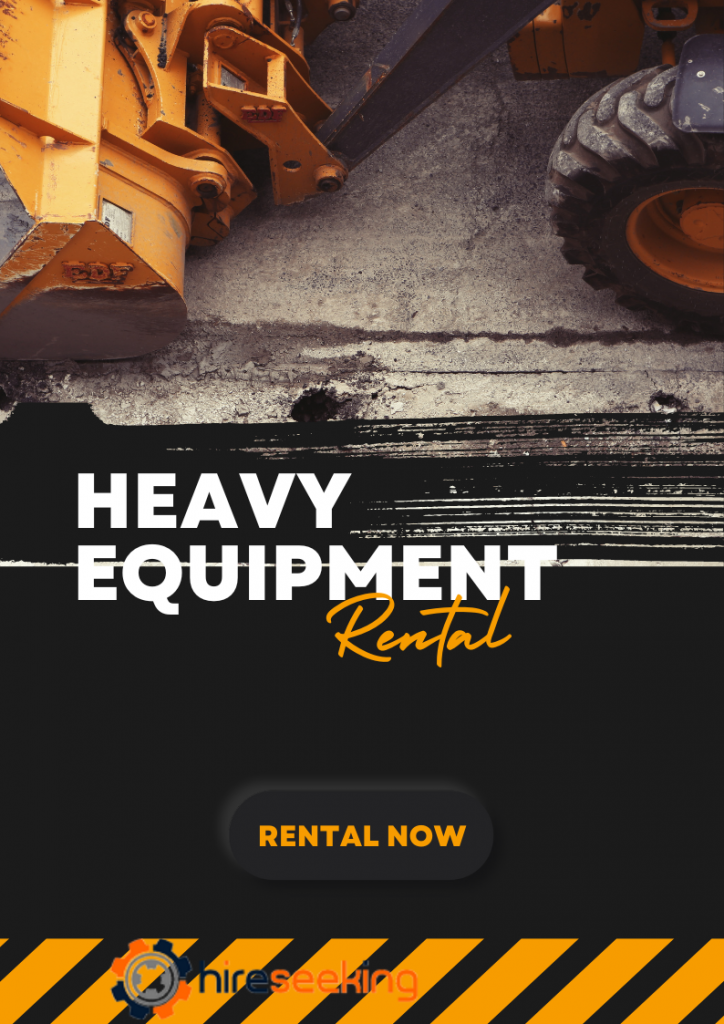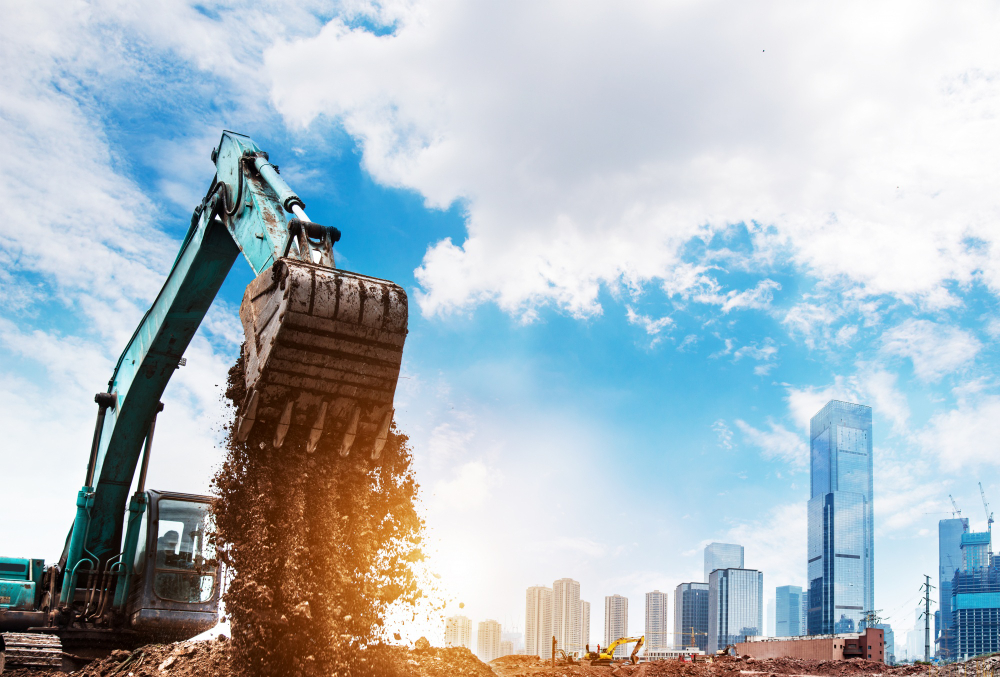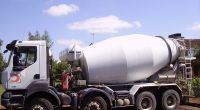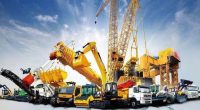Top 6 Benefits of Renting Construction Equipment
Benefits of Renting Construction Equipment
Renting construction equipment has increased in popularity for a variety of reasons. A few key contributors to the growth of equipment rentals include the rising cost of purchasing equipment, and an unpredictable market, which has forced construction companies to find ways to save money wherever they can. In many instances, renting has become a viable option for many companies, and provides them the ability to cut costs and run a more financially stable construction business. Here are some benefits that your company will see if you decide to begin renting construction equipment.

heavy equipment (1)
Avoid the Initial Purchase Cost
Purchasing brand new construction equipment is extremely expensive and can make a huge impact on how your company’s budget. Moreover, purchasing equipment is a long-term investment that ties you down to particular equipment items. Renting or leasing equipment avoids the upfront costs associated with purchasing and allows businesses to better allocate their financial resources.
Less Maintenance and Repair Costs
When you own equipment, you also have to consider the cost of maintenance and repair. Although maintenance and repair are still important for rental equipment, costs will be significantly lowered compared to purchased equipment. Vehicles and heavy machinery still require significant upkeep and maintenance in order to operate safely and at an optimal level. When purchasing equipment, companies must consider the maintenance and repair costs as well.
With rentals, the time and labor costs associated with maintenance and repairs are lower and more manageable. Rather than worrying about maintaining a piece of equipment for its entire life cycle, leasing removes this extra stress from your already busy schedule. Equipment rentals allow you to focus on the near future rather than taking the time to plan out a long-term maintenance plan.
Shielding From Market Fluctuation
The construction sector is dynamic and many things may influence the market. Rising or sinking costs of equipment or the number of jobs available are all out of your control. Renting equipment is able to cushion your company from any unpredictable financial downturns that may arise. Rather than committing to a piece of equipment, leasing allows for a flexible option that makes it easier to handle the rise and fall of market forces.
No Depreciation Costs
When you own machinery, you incur considerable depreciation costs. Reselling equipment, and maintaining it as long as possible, requires quite a large investment on top of your upfront purchase. As value continues to depreciate, it makes it more difficult to recover the cost of your initial investment. Although all companies operate differently, consider renting construction equipment to avoid losses associated with depreciation. To better manage depreciation and other issues that may arise, see how construction software can help maximize utilization.
Project-Specific Rentals
Typically, construction companies are balancing a number of projects at once. Rather than incurring logistical costs of transferring equipment and sharing them among multiple jobs, consider renting specific pieces of equipment for particular projects. This eliminates any logistical delays that you may experience and provides each job site with the appropriate resources to get the project finished in an efficient manner.
Solve Equipment Storage Issues
With owning equipment, companies must have storage solutions in place to keep equipment when it is not in use. Equipment that is not stored properly or exposed to harsh weather conditions may depreciate faster. Additionally, warehouse or storage space is an additional cost for construction companies. If you negotiate with vendors or suppliers regarding how long you need a rental, your company may not need to worry about long-term storage. This saves you the time needed to plan out the logistics, as well as the cost of storage. Furthermore, warehouse costs can be extremely high, especially if you have a fleet of machinery. In contrast, leasing has the ability to take these inconveniences away.
Transportation Logistics
Renting equipment saves you from having to transport machinery to project sites. Transportation can take a long time, affecting the productivity and efficiency of a project. Moreover, time spent waiting for equipment can cause delays and impede the progress already made on jobsites. Renting allows you to avoid this burden and provides a more reliable equipment option by keeping pieces onsite.


